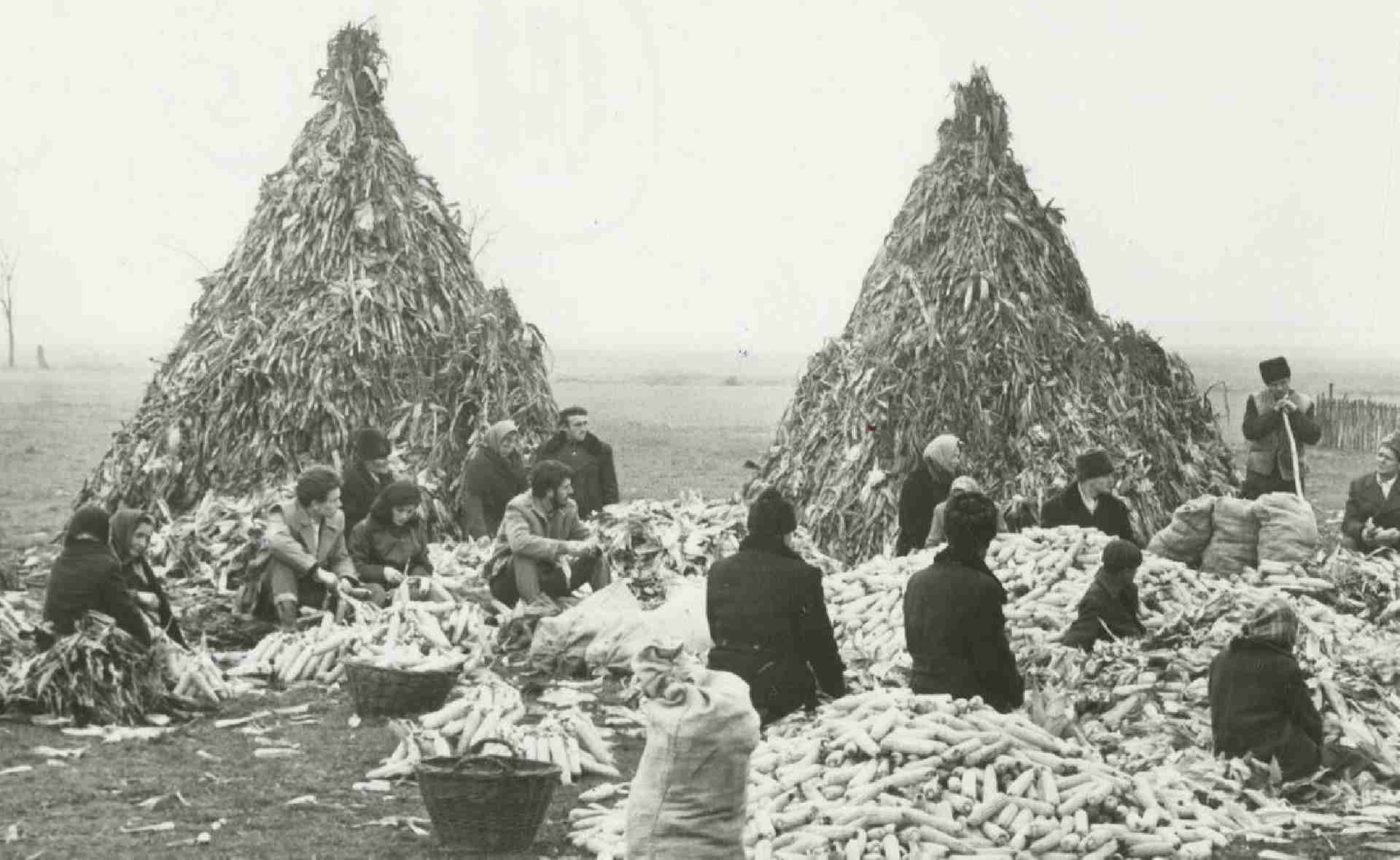Sándor Sára, HU, 1968, Lajos Balázsovits, Nadesda Kazassian, Todor Todorov
BW ⁄ 91' ⁄ Ov St: FR - NL
Director and cinematographer Sándor Sára’s first feature film is an extraordinary modernist production and autobiographical work from the Hungarian new wave. The film is about the great taboo subjects of the time from the point of view of a student who is preparing to become a film director: internment, starvation and the situation of the Gypsies.


